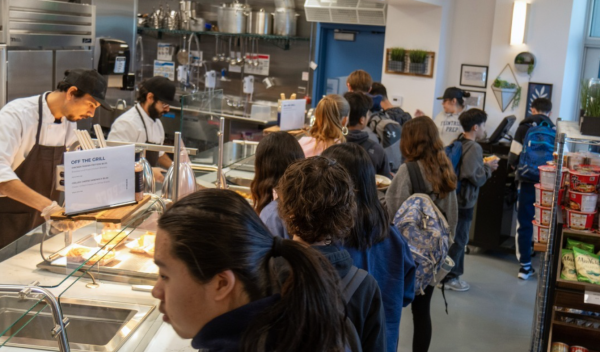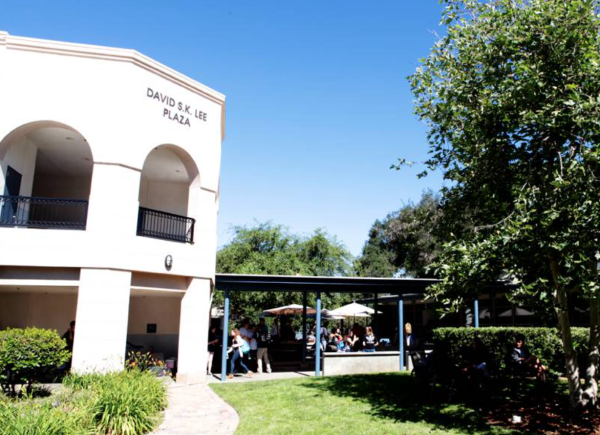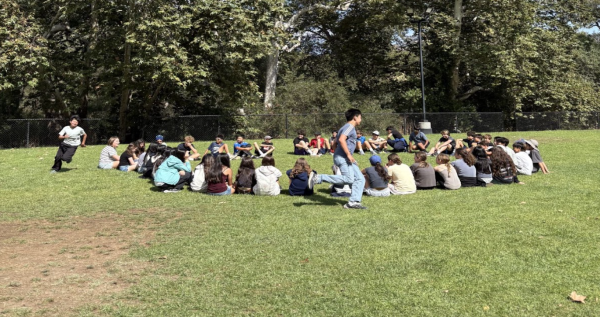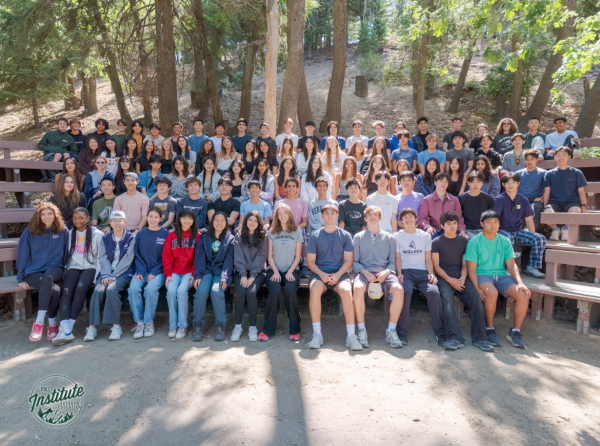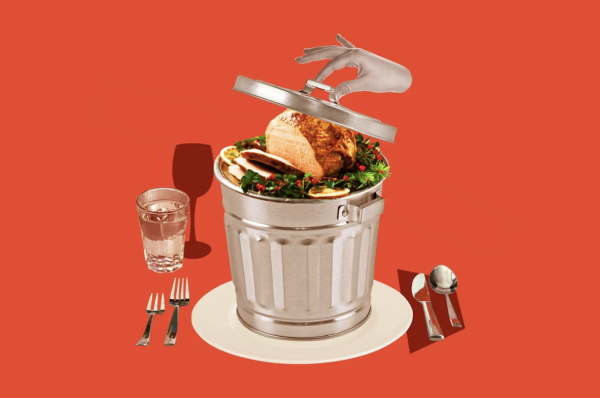The Race to Find a COVID-19 Vaccine: Many Possibilities on the Horizon
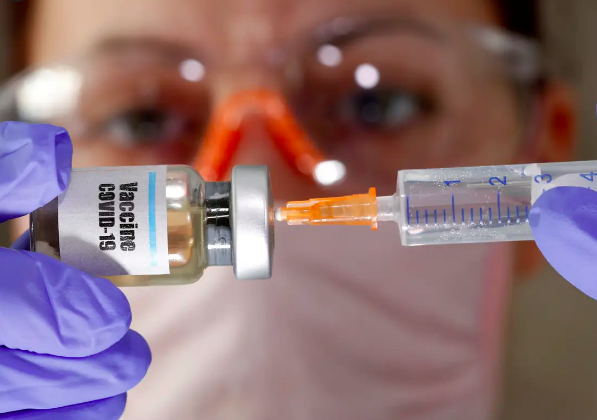
Photo courtesy Business Insider
Scientists and large corporations rush to discover a COVID-19 vaccine before the end of 2020
Nine months ago, the Sars-Cov-2 (Covid-19) virus was first reported in China before it spread to the rest of the world. Since then, scientists and large pharmaceutical companies, such as Pfizer and Johnson & Johnson, have been developing vaccines for the pandemic. The development of a brand new vaccine usually takes years— if not more—for approval; however due to the times we are in, the process of development and approval is accelerating.
Developing a new vaccine includes 6 stages. The first stage is the preclinical trials, in which tests are done in labs with mice or monkeys. The next stage is Phase I safety trials. In this stage, small groups of people are tested for safety precautions. Then it goes to Phase II where the vaccines are distributed to hundreds of people. After this is Phase III or Efficacy testing. Scientists would compare the number of people who got the vaccine and get infected to the people who received the placebo vaccine and get infected. The final stage is the Approval Phase. Officials from around the world review the vaccine trial results and decide on whether to approve the vaccine or not.
Currently, Pfizer, who is partnered with Biontech and Fosun Pharma, is one of the closest to developing a fully approved vaccine. However, they, like many other pharmaceutical companies, are currently combining two phases into one. They entered phase 2/3 on July 27th, testing their vaccine on a total of 30,000 volunteers from the United States, Brazil, and Germany. Both the Trump administration and the Japanese government made deals with Pfizer to acquire dosages. The Trump administration agreed on a $1.9 billion contract for 100 million dosages, and Japan agreed on a deal of 120 million dosages. According to Fierce Pharma, Pfizer’s CEO stated that the company would expect results by the end of October, and if the vaccine was approved, they should expect 1.3 billion doses by the end of 2021.
The vaccine Pfizer and Biontech are producing is called BNT162b2 mRNA, and mRNA vaccine. mRNA vaccines work by introducing an mRNA (genomic sequences that code for proteins) into the human body. The mRNA is coded for a specific antigen in a virus and once the antigens are produced inside the body, the immune system will recognize the foreign antigen and fight it. This will prepare the immune system for battling against the real virus. The BNT162b2 instructs cells to imitate the “spike” protein, which allows the virus to infect human cells on the Covid-19. When the immune system learns to fight against the spike protein, the virus will not be able to infect the host anymore. Similarly, Moderna, another leading company, is also producing an mRNA vaccine that targets the spike protein.
Though these vaccines seem like they are staying well on track, there are still many factors that can slow down the production. According to Business Insider, on September 5th, Pfizer, along with Moderna and Johnson & Johnson, was planning to sign a pact that will promise to put safety before speed. This is because of the skepticism of public-health officials and scientists since vaccines usually take years to produce and approve, but both Pfizer and Moderna only took months. Looking ahead, it is unclear whether the pact may or may not slow down the production of the vaccine. As of now, these companies are still going at full speed.

Grade: 12
Years on Staff: 4
Why are you writing for the Flintridge Press?
Flintridge Press allows me to express my knowledge and ideas to my...

